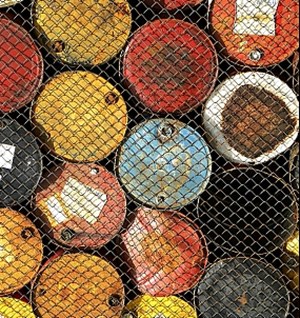EU to maintain Russian oil price cap at $60
(Bloomberg) – The European Commission told member states that a $60-a-barrel cap on the price of Russian oil is proving effective in hurting the Kremlin’s access to petrodollars while not disrupting the market, and will remain unchanged for now.
The bloc’s executive arm told diplomats from the EU’s 27 member states this week that there is no willingness among most Group of Seven countries to lower the threshold at this time, according to people familiar with the matter.
A report by the International Energy Agency, which formed the basis of a review into the cap, found that the mechanism had met its goals of reducing Moscow’s revenues and keeping global oil prices from spiking.
Russia’s oil revenue drops sharply as price caps work, IEA says
The agency’s last monthly report said that the cap was hitting the price at which Russian crude oil and petroleum products were being sold.
The weighted average export price of Russian crude was at $52.48 a barrel, excluding shipping and insurance costs. Urals crude, Russia’s key export blend, sold for $45.27 in the Black Sea, while grades such as ESPO, Sakhalin and Sokol, all of which are exported from Asia, traded above the threshold, according to the IEA.
The G-7 previously agreed to review the price level in mid-March, and EU legislation stipulates that the aim should be to keep the threshold at 5% below average market rates. On that basis, a group of member states, including Poland and Estonia, had pushed to lower the threshold.
Under the agreed rules, EU and G-7 companies can only provide shipping and services such as insurance needed to transport Russian oil to third countries around the world when the products have been purchased at or below the threshold. Russia is free to transport and sell oil at any price if it doesn’t use G-7 and EU services and vessels.
Russia still relies on Western insurers to cover more than half of the tanker fleet that exports its oil, according to data compiled by Bloomberg.
However, EU member states were told that there was some openness to possibly making the price-cap mechanism less rigid, the people said, without specifying what that meant in practice.



